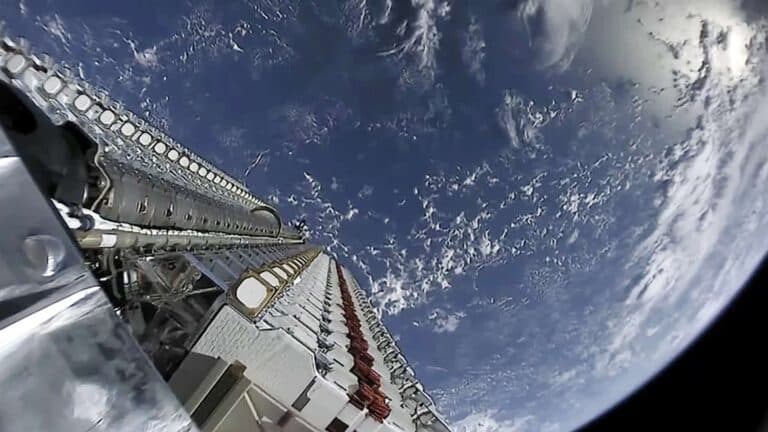Airbus, Thales, and Leonardo are working on a major restructuring of the European satellite sector. The three aerospace groups are in talks about setting up a joint venture that is expected to be worth around €10 billion.
This was reported by Reuters. According to insiders, an initial agreement is expected within a few weeks, although those involved emphasize that nothing is final yet.
The initiative, called Project Bromo, is intended to create a new European satellite manufacturer with its headquarters in France. The companies want to join forces to compete with major competitors from China and the United States, including Elon Musk’s Starlink. The emergence of low-cost satellites in low Earth orbit has increased pressure on European manufacturers to collaborate.
The talks did not proceed without obstacles. Negotiations stalled in the summer because the parties could not agree on the governance and valuation of the activities. According to three sources, the talks even seemed to be on the verge of collapse. Progress has now been made again. A memorandum of understanding is being drafted that could be signed by the end of September. At the same time, the sources warn that the timing could shift and that an agreement could still fall through.
Airbus CEO Guillaume Faury said this week that the three companies are on their way to an agreement. They are also in talks with European governments. According to him, they are working on obtaining approval from competition regulators. The companies also contacted the most important stakeholders. Michael Schoellhorn, CEO of Airbus Defence and Space, emphasized in an interview that these types of processes always consist of two phases. Namely, a framework agreement, followed by a final phase leading to the ultimate deal. He expects that an initial signing could take place in 2025.
Political support seems possible
The ownership structure is still being negotiated. Sources say that the joint venture will likely be split into three equal parts. Due to the sensitive nature of satellite technology, the company will also include separate national entities to protect the interests of governments. Political support seems to be there for now, but formal approval by the countries involved is necessary.
The new company would be comparable to the creation of rocket manufacturer MBDA, which was formed in 2001 from a merger of British, French, and Italian companies. As with MBDA, cross-border activities are expected to be combined with national components aimed explicitly at protecting strategic interests.
Previous attempts to create a European satellite champion often ran aground on concerns about competition or national rivalry. However, geopolitical developments in recent years and the rapid growth of the commercial market have increased the urgency. Europe wants to strengthen its sovereign capabilities, while the United States is adjusting its policy, and dependence on foreign technology has become more politically sensitive.
According to sources, the new company is likely to be based in Toulouse, the home of Airbus. This would give Europe an independent satellite manufacturer that can compete with the biggest players on a global scale.
